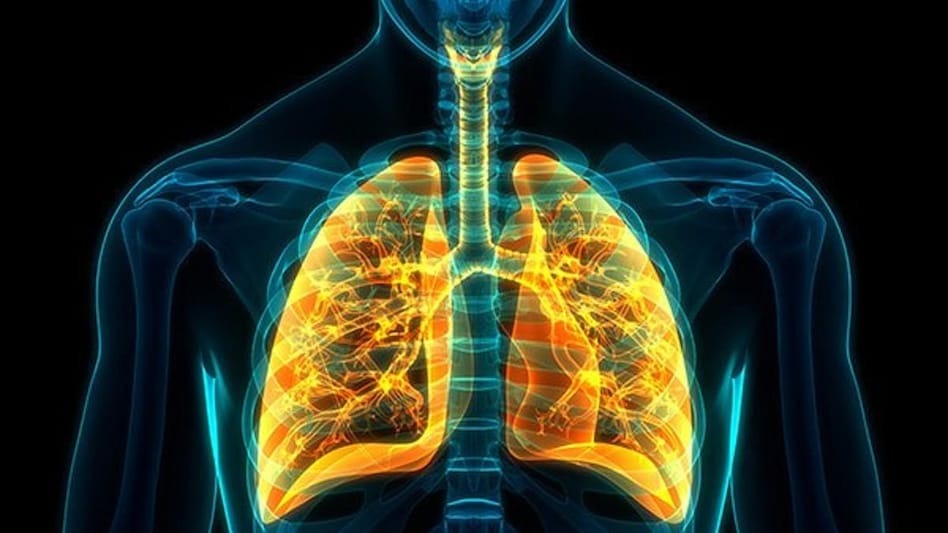
Hypersensitivity Pneumonitis: If you are a bird lover and feed pigeons, be careful. Do you know that you are creating a great danger for yourself and others in the neighborhood?
You must be wondering how someone can get sick by feeding pigeons, so let us tell you, an 11-year-old boy from Delhi was admitted to Sir Gangaram Hospital due to difficulty in breathing. In the initial examination, the doctors found that the boy had inflammation in his lungs. After which the boy was medically examined, in which it was found that the boy has a rare lung disease called hypersensitivity pneumonitis.
This is a type of pneumonia, which can sometimes be fatal. Doctors examined and found that the boy had developed a serious allergic problem in the lungs due to prolonged exposure to pigeon droppings and feathers.
What is hypersensitivity pneumonitis?
This disease caused by pigeons is increasing every year with the number of pigeons. According to research, the weight of a pigeon increases by 11.5 kg in a year. Diseases associated with pigeon droppings include cryptococcosis, histoplasmosis and psittacosis. You can get these diseases by breathing in the dust created while cleaning the bed. Let us tell you that hypersensitivity pneumonitis is a very dangerous disease. Which, if severe, can cause difficulty in breathing, cough, low oxygen levels and joint pain.
Who is at higher risk for hypersensitivity pneumonitis?
People who come in contact with pigeons and other birds are at a higher risk of this infection. Hypersensitivity pneumonitis also affects people who come in contact with bird feces, urine and food particles left by them.
Symptoms of hypersensitivity pneumonitis-
- Difficulty in breathing
- Muscle pain
- Dry cough
- chest tightness
- feeling cold
- Tiredness
- High fever
- Weight loss without any reason
Prevention of hypersensitivity pneumonitis-
The best way to prevent hypersensitivity pneumonitis is to stay away from the feathers and droppings of pigeons and other birds as much as possible.
If there are bird nets or nests in the house, clean them regularly.
Do not keep water in the open around the house for a long time.
Do not allow moisture to accumulate anywhere in the house. This causes fungus which can create problems.
 look news india
look news india